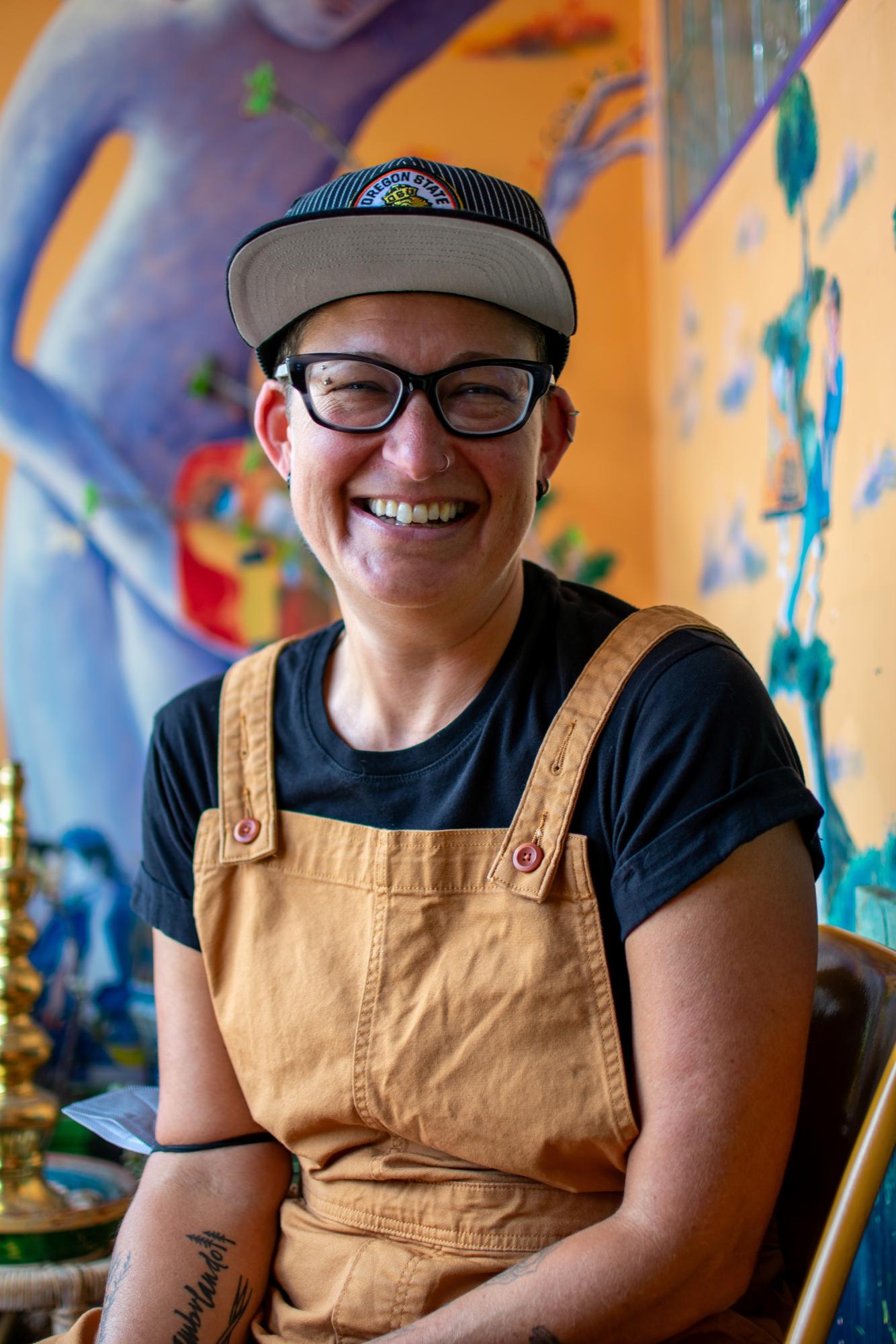Editor’s Note: This is a column and does not reflect the views or opinions of the Daily Barometer
We’re not supposed to talk about s-e-x, right?
Most of us didn’t have comprehensive sexuality education in middle or high school, and if we did, the sex-ed typically focused on cisgender, able-bodied, normative, heterosexual sex.
Discussion of minoritized groups, like LGBTQ+ folks, is often ignored. And I’ve found whilst teaching Human Sexuality that most college-age students don’t even think about people over 40 years old having sex. Eww!
Acknowledging and discussing the full spectrum of sexual orientations, gender identities and abilities is essential if we’re going to recognize that people of all ages, backgrounds and abilities can and do have fulfilling and healthy sexual lives. Having a physical or cognitive disability doesn’t change your sexuality or your desire to express it.
Beavers, take a moment to ask yourself: Was I ever taught about disability and sex? What are my perceptions of love and sex among people with disabilities?
My guess is that unless you or a partner have a disability, this isn’t something you’ve given much thought about, but we should!
When we ignore populations of people, we often end up perpetuating stereotypes and making wrongful assumptions. Ignoring folks makes them invisible.
There is this overarching stereotype that people with disabilities are not sexual. However, many people who have disabilities are capable of being sexual and enjoying sex.
When we think about disabilities and sexual behavior, we should think of two broad categories: intellectual disabilities and physical disabilities (e.g., spinal cord injuries, arthritis, etc…).
As a whole, just because someone has a disability does not mean their sexual desire is affected.
Most people across the spectrum of ability can experience sexual attraction, fall in love, desire connection and engage in sexual behavior.
People with intellectual disabilities have the right to make informed choices about their sex lives (to the degree they are capable of doing so). At the minimum people need to have the mental capacity to give informed consent. Questions to ask:
- Does this person understand what “sex” is?
- Can they understand the risks and benefits of sexual activity?
- Is the decision free of coercion?
Sounds like pretty basic guidelines for all people, doesn’t it?
Considering folks with spinal cord injuries, the majority are young and middle-aged men. One option for people with such injuries is to use unaffected body parts – think mouths, hands and chests.
Some people with penises can still have erections and ejaculate and some people with vulvas can still orgasm as well; again, every person and ability is different.
Did you know the #1 disability affecting sex lives is arthritis? In fact, upwards of 22% of American adults are affected. Other types of disabilities that can impact one’s sex life are diabetes, multiple sclerosis, cerebral palsy and others.
Most importantly, we have to think about safer sex. Consider how someone may not be able to physically put on a condom or insert a vaginal ring. Some oral contraceptives (the pill) can increase the risk of clots which aren’t advisable for people with limited mobility.
Overall, fostering open communication in both sexual relationships and healthcare settings promotes understanding, trust, and empowerment, ultimately leading to healthier, safer and more fulfilling experiences.
Ensuring all people are informed (regardless of ability or disability) about sex and have access to resources is key!
Sex requires consent, thoughtfulness, and planning; a healthy sex life is possible for everyone who wants one. Sometimes it just requires a bit more intentionality and communication.
Afterall, there is no rule about the “correct way” to have sex!















































































































